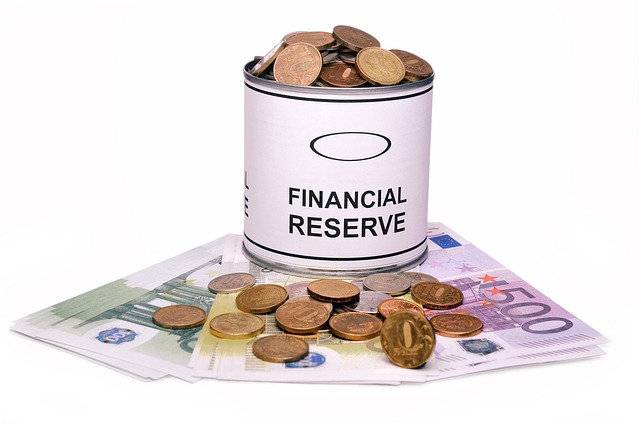Wealth Tax in Switzerland: What You Need to Know

Switzerland is renowned for its high standard of living, stable economy, and favorable tax environment. However, one aspect of the Swiss tax system that often surprises newcomers is the wealth tax. Unlike many other countries, Switzerland imposes a tax on an individual’s net wealth, in addition to income tax. This guide provides a comprehensive overview of the wealth tax in Switzerland, including how it works, who is affected, and what you need to know to navigate this aspect of the Swiss tax system.
1. Overview of Wealth Tax in Switzerland
1.1. What is Wealth Tax?
Wealth tax is a tax levied on an individual’s net wealth, which includes assets such as real estate, bank accounts, investments, and personal property, minus any liabilities (e.g., mortgages, loans).
1.2. Why Does Switzerland Have a Wealth Tax?
Wealth tax is a significant source of revenue for Swiss cantons (states) and municipalities. It helps fund public services and infrastructure, contributing to Switzerland’s high quality of life.
2. How Wealth Tax Works in Switzerland
2.1. Taxable Assets
Wealth tax is calculated based on an individual’s net wealth, which includes:
- Real Estate: Properties in Switzerland and abroad.
- Financial Assets: Bank accounts, stocks, bonds, and other investments.
- Personal Property: Valuable items such as art, jewelry, and vehicles.
- Business Assets: Ownership stakes in businesses.
2.2. Deductions and Exemptions
Certain liabilities and exemptions can reduce taxable wealth:
- Liabilities: Mortgages, loans, and other debts can be deducted from total assets.
- Exemptions: Some cantons offer exemptions for certain types of assets, such as primary residences up to a certain value.
2.3. Tax Rates
Wealth tax rates vary by canton and municipality, as Switzerland has a decentralized tax system.
- Cantonal Rates: Each canton sets its own wealth tax rates, which can range from 0.1% to 1% of net wealth.
- Municipal Rates: Municipalities may add a surcharge to the cantonal rate.
2.4. Calculation Example
For example, if an individual has a net wealth of CHF 2 million and the combined cantonal and municipal wealth tax rate is 0.5%, the annual wealth tax would be CHF 10,000.
3. Who is Subject to Wealth Tax?
3.1. Residents
Swiss residents are subject to wealth tax on their worldwide assets.
- Definition of Residence: An individual is considered a resident if they have a permanent home in Switzerland or stay in the country for more than 90 days per year.
3.2. Non-Residents
Non-residents may be subject to wealth tax on Swiss-sourced assets, such as real estate located in Switzerland.
4. Wealth Tax vs. Income Tax
4.1. Wealth Tax
- Basis: Net wealth (assets minus liabilities).
- Frequency: Annual tax based on the value of assets at the end of the tax year.
4.2. Income Tax
- Basis: Annual income from employment, business, investments, and other sources.
- Frequency: Annual tax based on income earned during the tax year.
4.3. Combined Impact
Both wealth tax and income tax are levied independently, meaning individuals must pay both taxes based on their respective bases.
5. Strategies to Manage Wealth Tax Liability
5.1. Asset Allocation
Consider the location and type of assets to optimize tax liability.
- Swiss vs. Foreign Assets: Wealth tax rates may vary depending on where assets are located.
- Liquid vs. Illiquid Assets: Liquid assets may be easier to manage and value for tax purposes.
5.2. Debt Management
Utilize liabilities to reduce taxable wealth.
- Mortgages: Interest on mortgages is deductible, reducing taxable income and potentially lowering wealth tax liability.
- Loans: Other forms of debt can also be deducted from total assets.
5.3. Tax Planning
Engage in tax planning to minimize overall tax liability.
- Professional Advice: Consult with tax advisors or financial planners to develop a comprehensive tax strategy.
- Cantonal Comparison: Consider the wealth tax rates of different cantons if relocating within Switzerland.
6. Wealth Tax in Different Cantons
6.1. Zurich
- Wealth Tax Rate: Approximately 0.15% to 0.3%.
- Exemptions: Primary residence up to a certain value may be exempt.
6.2. Geneva
- Wealth Tax Rate: Approximately 0.2% to 0.5%.
- Exemptions: Certain financial assets may have reduced rates.
6.3. Zug
- Wealth Tax Rate: Approximately 0.05% to 0.1%.
- Exemptions: Known for its low tax rates, Zug is attractive for high-net-worth individuals.



